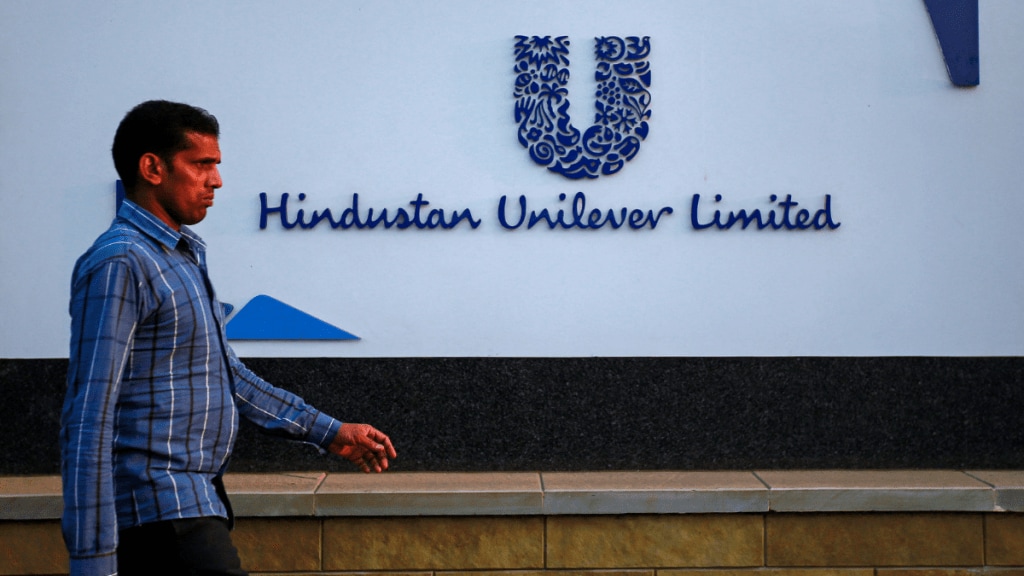The country’s largest consumer goods company, Hindustan Unilever (HUL), has put in place a four-pronged strategy to grow its beauty and wellbeing business, created in April last year. The plan aims to increase the share of its premium portfolio within beauty and wellbeing by 900 basis points (bps) in the coming years, as HUL accelerates its premiumisation efforts. Beauty and wellbeing currently contribute 20% to HUL’s sales and 33% to its profit.
In a post-results’ analysts call on Wednesday evening, HUL CEO & MD Rohit Jawa said that the gameplan included extending large brands such as Ponds and Lakme into more demand spaces; introducing more of Unilever’s global brands into India; leveraging Unilever technology for the Indian market and acquiring local brands within beauty and wellbeing.
The Minimalist acquisition, announced by HUL on Wednesday, for an enterprise value of `2,955 crore, was a step in that direction, Jawa explained. He said that Minimalist, a premium skincare brand, was not only a good fit, but the company could also add value in the derma active science category, a growing niche where product efficacy mattered, with the buy.
“We are under-indexed on premium as far as beauty and wellbeing goes. There are four different routes we will take to build the portfolio. The point is that we want to tap more premium demand spaces both organically and inorganically as the consumer cohort within beauty is affluent,” he said.
In the last year, actions such as the introduction of Novology, a premium skincare brand or the increase in the innovation intensity of Unilever brands such as Simple and Love Beauty & Planet, which were launched a few years ago in India, have seen HUL add 100 bps in premium share to its beauty portfolio, sector experts said. One-basis point is one-hundredth of a percentage point.
The company is looking to continue this momentum within beauty as the secular trend of premiumisation remains intact, experts said. This is despite an urban slowdown that has hurt the FMCG sector. HUL reported subdued Q3 earnings on Wednesday.
“Premium continues to grow ahead of the mass-market category in the December quarter. This indicates that consumer needs and aspirations to upgrade continue to evolve. But consumers are also opting for smaller packs to manage their overall spends, which we see as transitory,” Jawa said.
He added that if real wage growth, food inflation and employment levels improved then consumer confidence and urban consumption would click up in the future.
“The stress started coming in with more food inflation. But with the winter crop being good, food inflation has started coming down. This will start impacting the urban markets positively,” he said.


